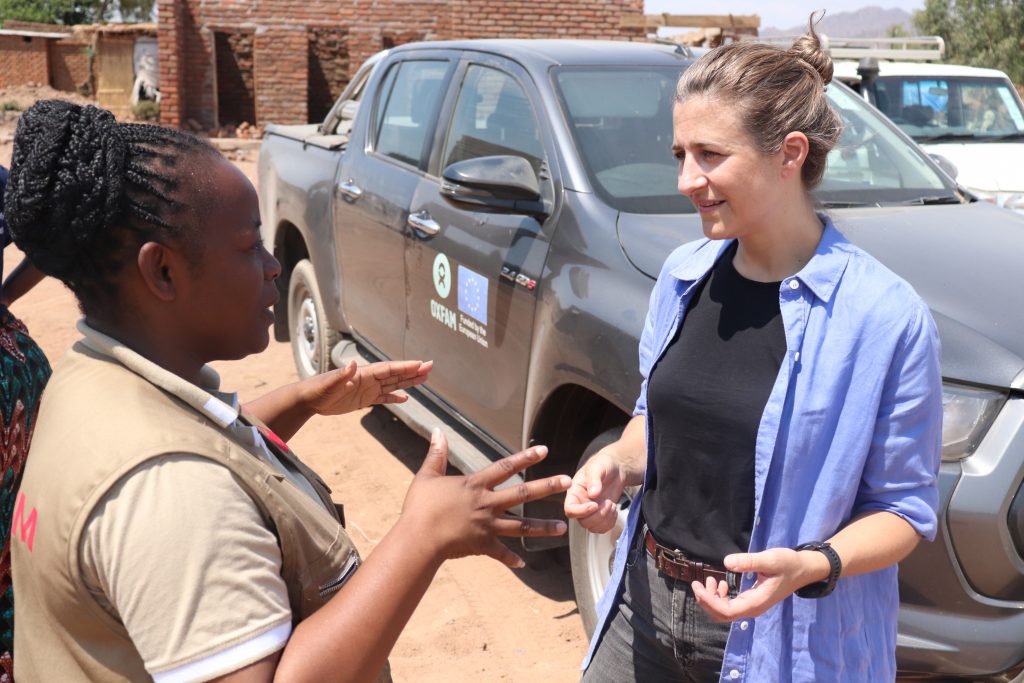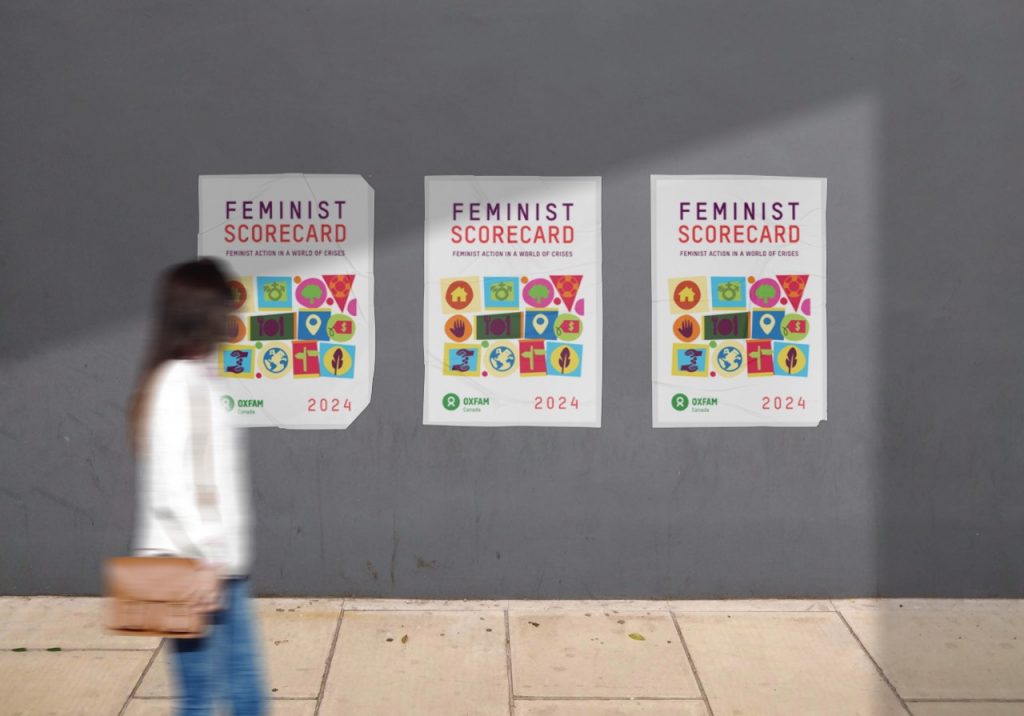Camino Verde: The Green Way
Before, I thought that women were only valued for raising children. Now, I have a new way of living.
The women of Alta Verapaz, Guatemala are building a green economy and a bright future. The region has one of the worst poverty rates in all of Latin America, as eight out of every ten people live in extreme poverty – and it was only set to increase for the predominantly Indigenous Maya Q'eqchi' and Pocomchi' women and youth.
Something had to change. So the community got organized.
The Green Way: Sustainable business for people and the planet
Women and youth, who were overrepresented in unemployment rates, identified that small-scale sustainable business was key. No more reliance on extractive industries or export economies – the community knew they needed to build a sustainable solution – for their people and the planet.
Right now, in Alta Verapaz, we are supporting the creation of a green economy led by small-scale enterprises. We call this project Camino Verde – “the green way.”
In close collaboration with Oxfam in Guatemala and five local partner organizations, we are funding the development of sustainable business practices for small-scale enterprises headed by Indigenous women and youth. This includes supplying goods and assets like solar panels, commercial grain roasters, water collection equipment, and greenhouses.
The group of Maya Q'eqchi' women entrepreneurs with the Ixmukané Association proudly shared their organic, justly produced coffee with Oxfam Canada visitors in November 2019. Their collective skills and will to grow their budding coffee production business was clear, but the resources to do so were lacking.
Through Camino Verde, Ixmukané's promising coffee operation gained not only a valuable injection of seed capital to strengthen their business but also the technical training and support for the resourceful Indigenous women leading the business. Ixmukané is one of up to 60 such Indigenous women and youth led small businesses that Camino Verde will accompany over the course of the program.
In a part of Guatemala where Indigenous women and youth led formal economic activity is precarious and where Indigenous peoples have long been treated as second-class citizens, Camino Verde is centering Indigenous women and youth’s economic empowerment as a vehicle toward greater autonomy and independence for historically disenfranchised sectors of Guatemalan society.
To ensure these community initiatives thrive long term – women and young people also need to have the skills and confidence to advocate for policy and community changes in favour of their rights. That’s why learning and empowerment for Indigenous women is equally a part of making Camino Verde a success.
Why advocacy schools make a lasting impact
The Women's Rights and Political Influencing School led by local partner ASOMTEVI has one main goal: to offer a space where Indigenous women and youth can develop their leadership skills and learn how to organize around their economic and political rights.
We know that working with women's rights organizations is essential to advance economic justice and human rights. It is key in influencing government and programs that support Indigenous women.
Candelaria recently participated in a Camino Verde advocacy school. "It taught me about women’s empowerment," she says.
"Men are not the only ones who can work, women can too. I understand that women have the same rights as men." Inspired by the dialogues brought on by Camino Verde, Candelaria joined her village’s Community Development Council, where she voices the unique needs of women and youth.
“Before, I thought that women were only valued for raising children," Candelaria explains. "Now, I have a new way of living."
Perseverance in the face of COVID-19
The pandemic deepened the challenges of the marginalized more than anyone else. In the case of the rural communities and specifically of the Indigenous women of Alta Verapaz, access to in-person activities became increasingly hard as care work or long distances made taking the time for themselves nearly impossible. The Camino Verde team knew that they couldn’t lose connection with women in the community.
The solution?
Radio programming. This became an opportune time to adapt by hitting the airwaves offering training sessions, situational dramas and advocacy campaigns. Many of which are likely to last long after the pandemic ends.
The radio programming’s success brought on other physically distanced and more remote innovative activities to support Indigenous women and youth in their business aspirations and activist organizing, such as photography contests and art installations.
As the enterprises and initiatives supported by Camino Verde grow and prosper, Indigenous women and youth will have more power socially, economically and politically.
Thanks to Our Supporters!
This project is undertaken with the financial support of the Government of Canada, provided through Global Affairs Canada, and the generous Canadian public.


